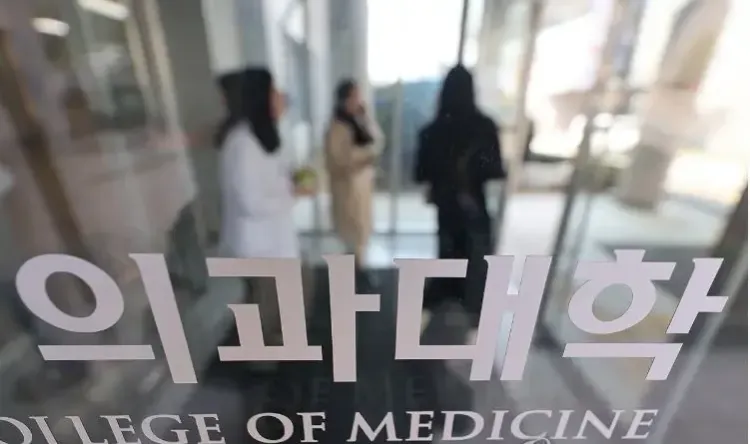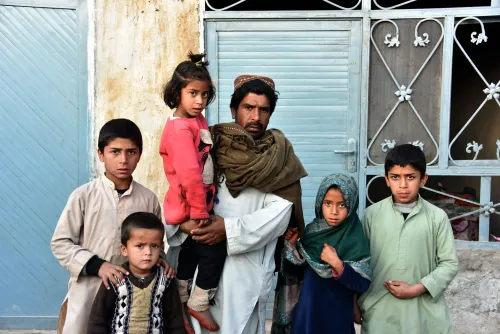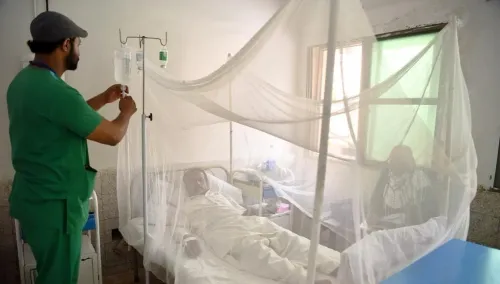South Korean Court Rejects Lawsuit Challenging Medical School Admission Increase

Synopsis
Key Takeaways
- South Korea's court dismissed a lawsuit from medical professors.
- The lawsuit challenged the hike in medical school admissions.
- Protests have erupted among medical trainees against the government’s reforms.
- The government has set a quota of 3,058 for next year's admissions.
- Concerns grow over disruptions in healthcare education.
Seoul, March 21 (NationPress) A South Korean court on Friday dropped a lawsuit filed by medical professors aiming to invalidate the government’s increase in medical school admissions for this year.
The ruling from the Seoul Administrative Court is the first judicial outcome among various complaints lodged by the medical sector opposing the government’s initiative to raise annual admissions to medical schools, as reported by Yonhap news agency.
The court decided that the plaintiffs lacked the authority to request the annulment of the policy, stating they were not the “direct counterpart” impacted by the quota increase.
Since February of last year, thousands of medical trainees have exited hospitals in protest against the government’s decision to increase the number of medical students by approximately 2,000 this year.
In a related development, a committee of medical school deans on Friday urged students to return to classes as deadlines for reinstatement approached.
“We will consistently maintain next year’s medical school enrollment quota of 3,058 students, and the 40 universities are preparing to ensure that students receive a quality education,” the Korean Association of Medical Colleges and Graduate School of Medicine (KAMC) stated in a letter.
This communication was directed toward medical students who are collectively on leave to protest the government's medical reform strategies, which included a significant rise in student admissions.
“However, all of this will only be achievable if you return to school,” the letter emphasized. The KAMC represents 40 medical schools nationwide.
This message coincided with major medical schools, such as Yonsei University, Korea University, and Kyungpook National University, nearing the closure of registration for students' reinstatement.
Earlier this month, the government announced plans to retract the controversial proposal to increase medical school admissions next year in order to mitigate the ongoing healthcare crisis, provided that all medical students currently on leave return to classrooms by the end of March.
Under this conditional agreement, the medical school enrollment quota for next year has been established at 3,058, reversing the government’s previous plan to increase admissions by 2,000 students each year over five years to tackle a persistent shortage of physicians.
The decision to revoke the disputed plan arose amidst growing apprehensions that disruptions to the country’s healthcare system and medical education could become irreversible if the ongoing walkouts by junior doctors and students persist.









